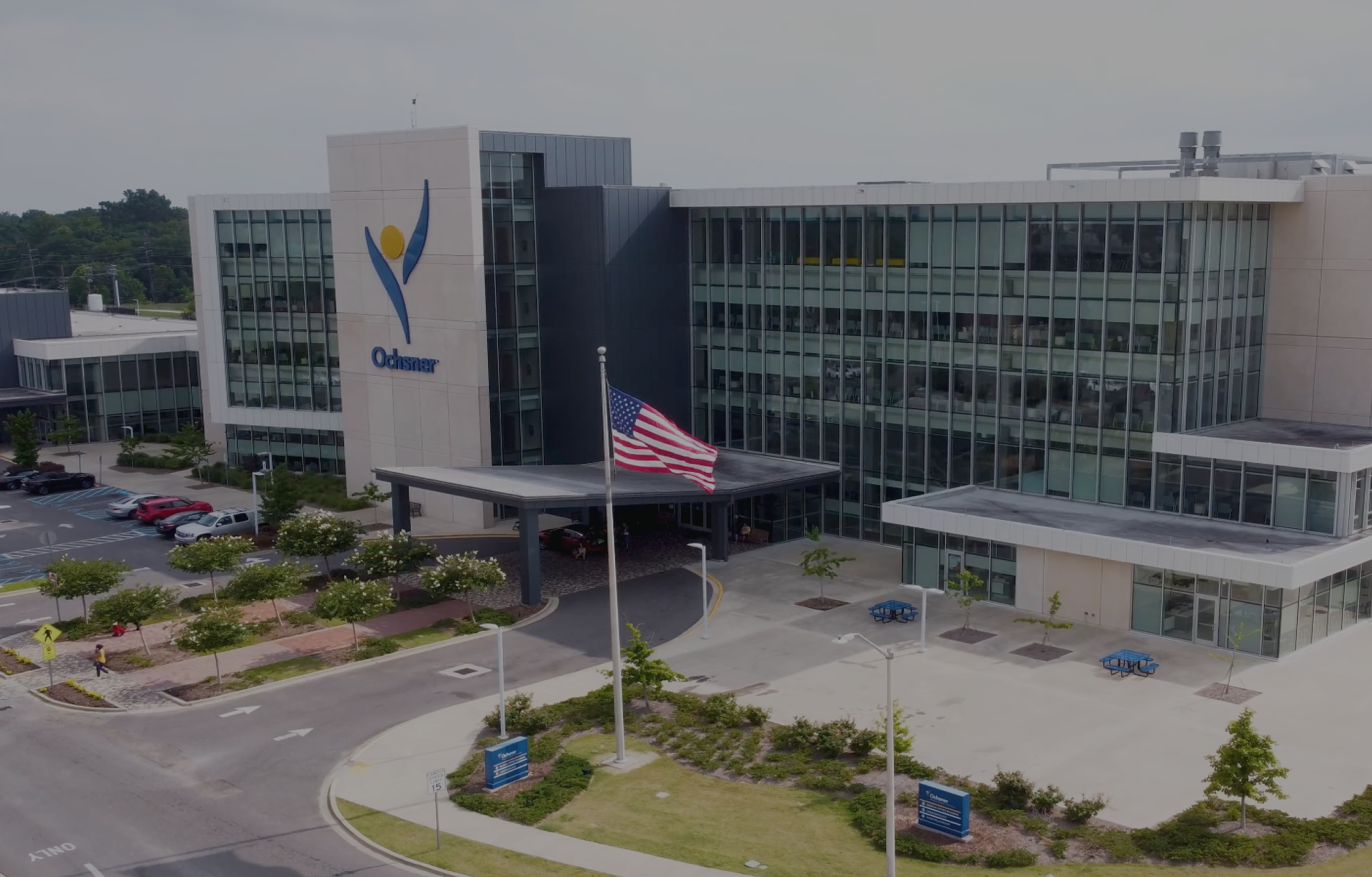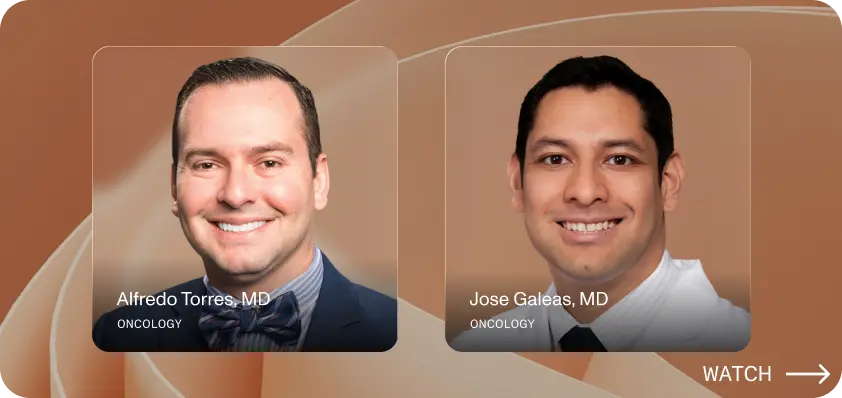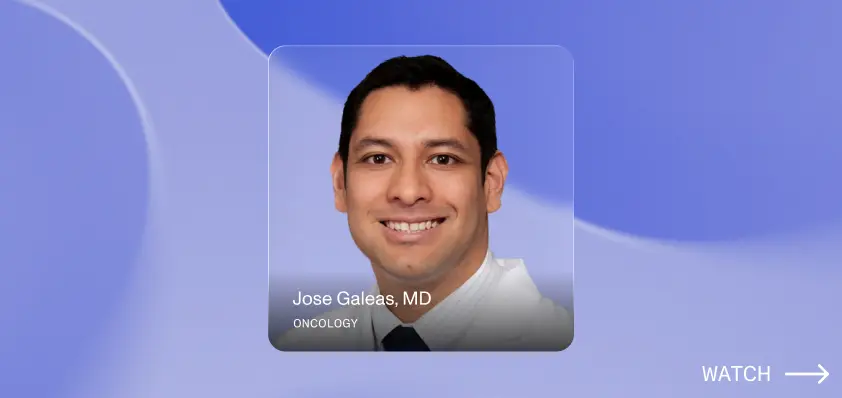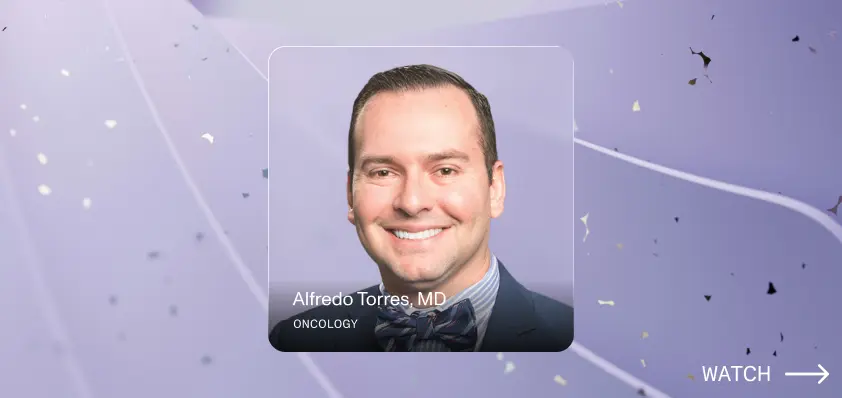Ochsner Health partners with DeepScribe to improve the care experience across their 46-hospital system
With 78% clinician adoption and 96% patient satisfaction, DeepScribe’s customizable AI workflows improve efficiency and note quality, helping Ochsner thrive in value-based care programs.


Success Summary
As the leading nonprofit healthcare provider in the Gulf South, Ochsner Health delivers expert care at 46 hospitals and more than 370 health and urgent care centers.
In early 2024, the health system partnered with DeepScribe, the leader in ambient AI documentation, to remove the administrative burden from physicians while delivering on goals to improve patient care and thrive within value-based programs.
With DeepScribe’s specialty-specific workflows, customizable notes, and focus on organizational excellence, Ochsner Health has already seen a variety of benefits:
▶ 96% patient satisfaction (patients likely to recommend their provider)
▶ 78% clinician adoption rate at initial launch
▶ Reduction in documentation time
▶ Improved clinical documentation quality
▶ Increased provider efficiency and satisfaction
Challenge
With 4,700 employed and affiliated physicians, Ochsner Health cares for more than 1.5 million patients a year – resulting in providers spending thousands of hours a day just documenting patient visits.
The toil of documentation, and the pressure it places on a clinician’s day and wellbeing, can’t be overstated. Clinicians often manage their patient charts during personal or family time, recalling conversations from earlier in the day – or week. At stake: the potential accuracy of the note. Of course, documenting on the spot during the visit sacrifices the one-to-one connection with the patient.
“Documentation drives decisions. But the problem is that documentation is predicated on what I can remember and write down,” says Dr. Jason Hill, Innovation Officer and a practicing hospitalist at Ochsner Health. “We doctors have learned how to make documentation quicker and more efficient over the years, but have had to choose between sacrificing quality or sacrificing time.”
“The current state of medical documentation is that doctors relive every encounter with a patient again after they finish the encounter,” Dr. Hill continues, referring to the frequent choice to document a visit after it occurs – sometimes after hours.
Known as an innovative, technology-forward organization, Ochsner Health identified ambient AI as a strategic solution. But as a large, multi-specialty health center, it was imperative that their AI choice understand the conversations, needs, and workflows of each specialty. The right offering would reduce the documentation burden, and improve note quality, accuracy, and compliance across the system and its specialties.
The DeepScribe Solution
After evaluating multiple ambient AI solutions, Ochsner Health chose DeepScribe, bringing its highly customizable, ambient AI documentation to physicians across multiple specialties – including emergency medicine, palliative care, oncology, primary care, and nephrology.
A key factor in the selection process was the extensive customization options that are a cornerstone of DeepScribe ambient AI. Ochsner could bring their doctors specialty-specific clinical workflows that meet organizational needs. With the DeepScribe Customization Studio, physicians could get an unprecedented level of personalization for their notes – how sections are ordered, which phrases are used – to match their preferences.
“A lot of solutions don't have a deep level of customization that you can attach to physician workflows,” says Dr. Hill. “We have doctors in our facilities that are not just ophthalmologists, they're neuro- ophthalmologists, retinal ophthalmologists, or corneal ophthalmologists. And each one of those doctors has their own ontology, and their own way of structuring their note.”
Ochsner Health could unlock extensive note customization at three essential levels – per specialty, workflow, and clinician – while still maintaining the control needed for system-level alignment.
Result
The level of customization and ease-of-use has made a significant difference with clinicians. In the initial DeepScribe launch, 78% of clinicians made DeepScribe part of their day – and the patient experience has improved as a result. Ninety-six percent of patients say they’d recommend their provider after visiting with a clinician using DeepScribe. The feedback from clinicians across the team has been universally positive.
“I’ve been implementing novel technologies in healthcare for a decade,” says Dr. Hill. “This is the first
time people are sending me unsolicited videos explaining how happy they are. Doctors say ‘This has
allowed me to free up time to fully engage with the patient, and also allows me to remember the things I
said with perfect accuracy.’”
In particular, clinicians are thrilled with the significant time savings – and how it’s affected their lives and their families.
“Before using DeepScribe, I spent at least two to three hours a day preparing for visits and then going back and editing notes based on patient conversations,” explains Dr. Terrance Wickman, an Ochsner Health nephrologist. “Now, I have been able to streamline that into three to four minutes per note. So documentation takes me about a quarter of the time.”
“I think my wife is less stressed out,” Dr. Wickman continues, with a laugh. “My baby gets picked up on time more often from daycare because I’m actually leaving a little earlier.”
Beyond the time savings, Ochsner Health clinicians have been impressed with the quality of DeepScribe documentation.
“DeepScribe is really comprehensive,” says Dr. Arif Qureshi, a family physician at Ochsner Health. “It catches pretty much everything that I say and puts it in the right verbiage.”
“There are very few technologies that allow you to increase your quality of documentation while decreasing the time,” explains Dr. Hill. “Doctors tell me this allows them to fully engage with the patient, and remembers all the things said with perfect accuracy.”
After experiencing consistently high-quality notes and unprecedented clinician adoption, Ochsner Health will expand DeepScribe use across their entire enterprise.
“DeepScribe has done a great job helping providers adopt ambient AI technology at scale,” says Dr. Hill, “and they’ve done it with a personalized experience.”
text
Related Stories
Realize the full potential of Healthcare AI with DeepScribe
Explore how DeepScribe’s customizable ambient AI platform can help you save time, improve patient care, and maximize revenue.




